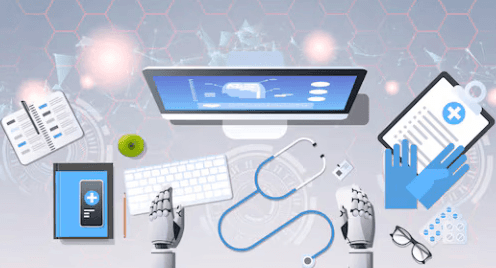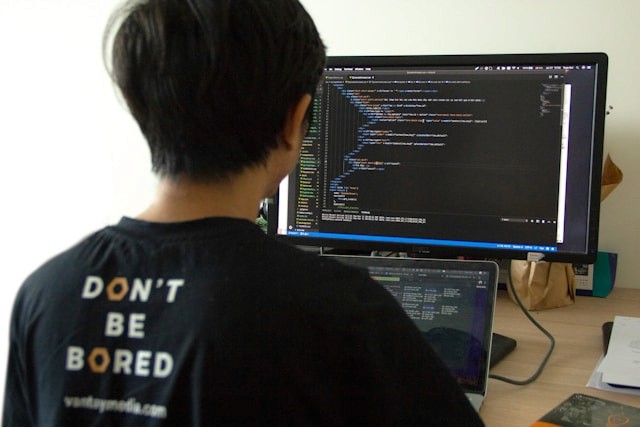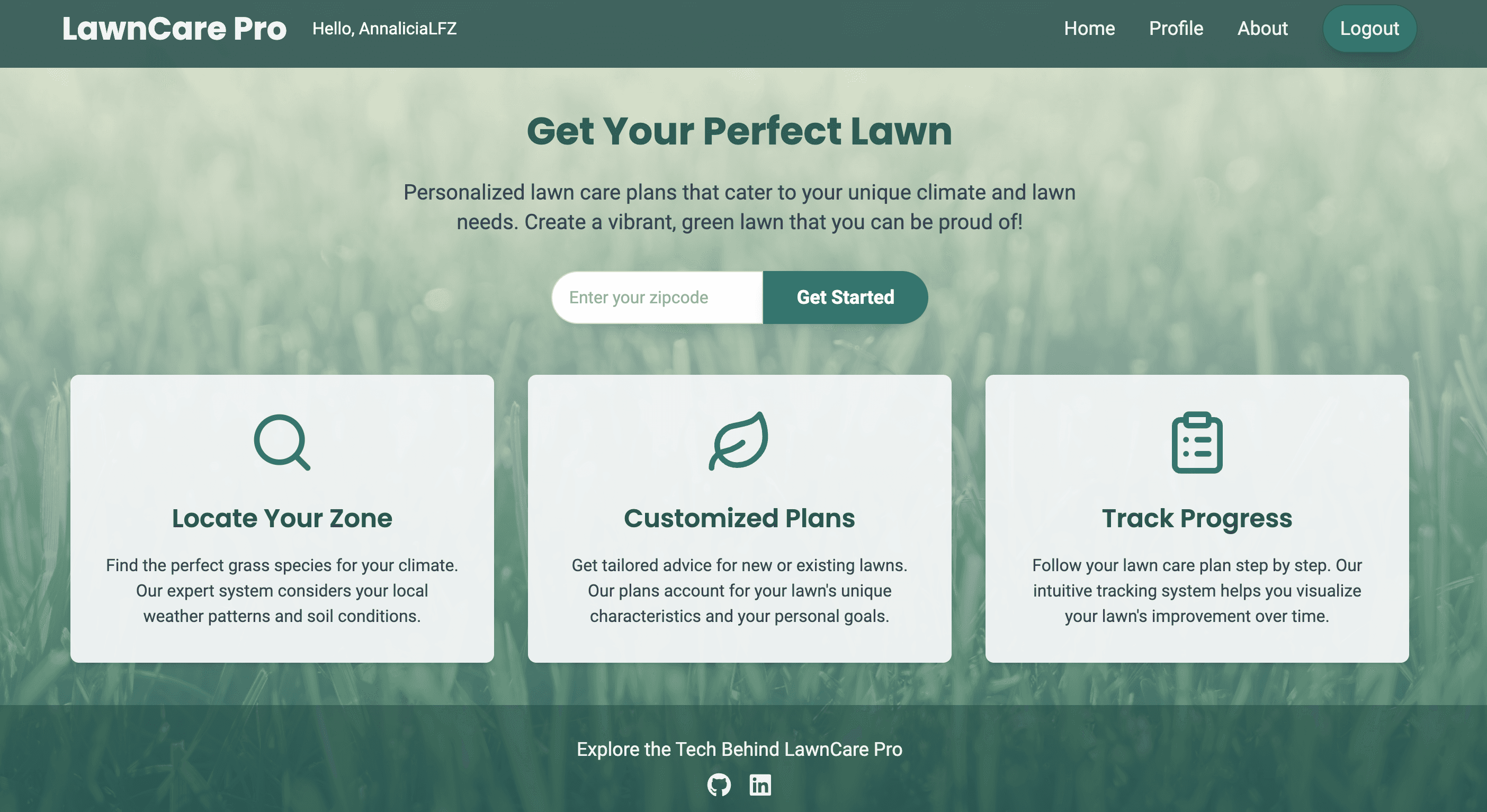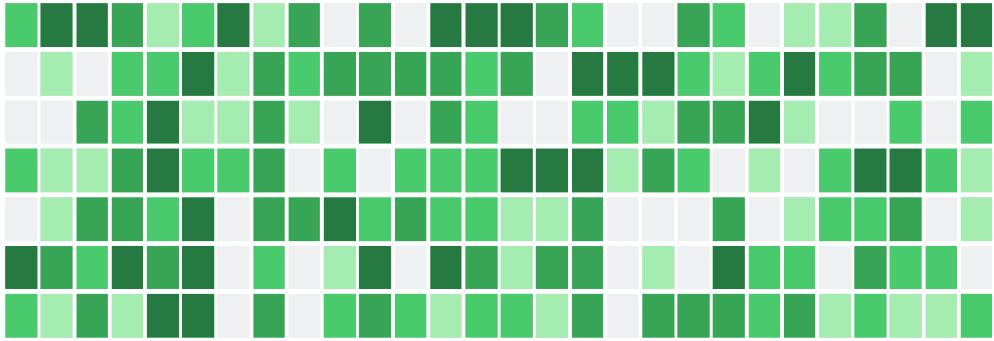How Long Does It Take To Learn Javascript And Land A Job?
Programming languages can be quirky, convoluted, and just downright confusing at times. Programming languages provide a medium for humans to communicate with computers in a way other than through ones and zeros. When JavaScript was first designed, it was built on certain principles that were intended to govern how the programming language would handle certain types of data.
If you are reading this, then you probably want to find out how long it takes to learn JavaScript. The reality is that JavaScript is a massive programming language with many different libraries and frameworks, and it is constantly evolving as technology advances. If you take a development bootcamp, it can take as little as 14 weeks.
So if you want to know how long it takes to learn JavaScript, keep reading to learn about some of the things you will need to take into account to get a realistic idea of how long it takes to learn JavaScript.
Basic Principles of JavaScript
Learning JavaScript isn’t necessarily a linear undertaking, meaning that there are many different paths you can take to become proficient in this programming language. But keep in mind that there will always be more to learn, no matter which programming language you are learning.
Before you start learning how to code, you will need to gain an understanding of some of the foundational concepts of programming languages. Here are a few examples of programming language fundamentals:
Variables
In programming languages, variables are used to store and manage data so that programmers can easily retrieve and manipulate the data without needing to keep track of its storage location. Rather than addressing a piece of data directly, programmers can call upon a certain piece of data by using the variable’s label.
For example, let’s say that you have a variable named “prices,” and within this variable, you can store a list of prices from a data set. This way, when a programmer wants to retrieve prices from the data stored inside the variable, they can call upon the data using the name “prices” without needing to input the data’s storage location.
Data Types
We briefly mentioned data types earlier when we were talking about type-checking. In a computer program, data within a variable can be assigned a specific “type” or class that determines how the data can be used and manipulated.
A few different examples of data types include:
Integers – Integers are whole numbers that do not have decimal points. These can be positive, negative, or zero.
Strings – A String is a data type that is made up of letters, spaces, and symbols. Strings can be used to represent names, words, sentences, or any other combination of these characters.
Boolean – Boolean is a data type that is represented by either a true or a false value. These are often used in programming to help the code decide what it should do next. For example, if “x” is true, then do “y.”
Objects – An object is a more complex data type in which multiple pieces of associated information can be stored. For example, if your objects within this data type are dogs, they may include details such as name, breed, color, size, etc.
Keep in mind that there are many other data types that can be used for different programming purposes.
Control Structures
A simple way to think of control structures is like programming logic. Control structures are programming tools that make it possible to determine the sequence of your code’s execution. They can tell your code to make decisions, repeat functions, and skip steps within the code.
Syntax
In language, syntax refers to the structure with which sentences and ideas are formed, ultimately governing the way you would speak or write. The same is true in programming languages, and each one has its own syntax.
When learning to write in JavaScript, it is important to adhere to the correct syntax in order to create functional JavaScript programs that can reliably produce accurate and consistent outcomes.
Frameworks and Libraries
When talking about how long it takes to learn JavaScript, it is important to consider which kinds of frameworks and libraries you will be working with. The more of these you want to learn, the longer it will take you to gain working knowledge that is consistent with your goals.
However, we should note here that learning subsequent JavaScript libraries is much more straightforward once you have grasped the basic concepts of JavaScript.
Furthermore, there are many JavaScript frameworks that are open source and pre-built for a wide variety of purposes.
Learning JavaScript
There are many variables that will affect how long it takes to learn JavaScript, and the answer might not be the same for everyone. Let’s take a look at a few different factors that will influence how long it takes to learn JavaScript.
Precursory Knowledge
If you are already familiar with some of the basic principles of JavaScript, how long it may take to learn JavaScript will likely be a much more simple process for you. However, if you are completely new on the subject, you might struggle a little more when you are getting started. Additional tools needed before learning JavaScript include:
A text editor: allows you to write JavaScript code
A web browser: Google Chrome, FireFox, Microsoft Edge, or Safari, are all examples of web browsers. Each browser comes with browser developer tools to help you debug and inspect your code.
An online learning source: this could be something as simple as YouTube tutorials to help you study and learn concepts before trying them out yourself.
Even if you know absolutely nothing about programming languages, anyone can learn how to leverage this powerful tool. If you have determination, resourcefulness, and a computer, then you have everything you need for how long it takes to learn JavaScript.
Learning Abilities
We all have different learning styles and abilities, and some people certainly are more adept than others when it comes to acquiring new skills. With that being said, we want to highlight the importance of hands-on learning. A study by Purdue finds that hands-on learning is far more valuable than reading and lecturing alone.
Short-Term Goals
Another important factor to consider when learning JavaScript is the student’s short-term goals. For example, if you want to be a JavaScript expert by the time you finish your studies, then your studies are going to take much longer than they would otherwise.
But keep in mind that, in terms of landing a job, it’s usually not necessary to master every concept of JavaScript in order to get started. Learning JavaScript can be an ongoing process that unfolds over the course of your career.
Education Timeline
You want to know how long it takes to learn JavaScript, so let’s talk numbers. To give you a realistic idea of how long it takes to learn JavaScript and get your career off the ground, we will break down the education process into a few different skill levels, along with the amount of time it will take you to get there.
Please know that these time frames are based on students who are actively pursuing their education by attending an academic institution.
Beginner
In order to learn the ins and outs of the foundational principles of JavaScript that we mentioned previously, such as variables, data types, control structures, libraries, and frameworks, you should expect to spend at least one to two months receiving a full-time education.
Intermediate
Once you have mastered the basic principles of JavaScript, you can then begin to put these together and develop real-world, applicable skills. However, if you are receiving a high-quality education from an experienced and well-rounded team of instructors, then you will be learning these concepts and their applications simultaneously. This means that you will already have a rudimentary working knowledge of the basic principles by the time you reach a beginner level.
When you get to the intermediate level in your process of learning JavaScript, you will be ready to start working as a coder. As an intermediate JavaScript coder, you will have a broad understanding of the basic principles and their applications, as well as real-world experience putting those to use. When you attend the right JavaScript coding course, you should be able to get to this point in about four months.
Expert
How long it takes to learn JavaScript and become an expert depends on a few different factors, such as whether or not you choose to continue your education and whether or not you are working in a related field.
If you are doing one or both of these things, then you will likely be learning many other related skills, such as subsequent frameworks and libraries, tricks and insights, and programming best practices. Realistically speaking, students who finish their education and begin working as a developer right away should have expert-level knowledge and skills in about one to two years.
How Long Does It Take to Learn JavaScript at LearningFuze
Fundamental JavaScript can be learned in as little as 2 weeks at LearningFuze during our Web Development Prep course.
Since 2014, LearningFuze has been developing an in-depth and hands-on teaching model that is preparing students to be the next generation of tech professionals. We offer both in-person and online learning opportunities, as well as full-time and part-time class schedules.
When you attend our full-time and part-time development courses at LearningFuze, you will not only be learning the ins and outs of JavaScript, you’ll learn about full-stack languages within a PERN stack.
Our course materials are designed to be intuitive and straightforward so anyone can learn them, with or without a precursory knowledge of programming. By the time you complete our development course, you will also have a tangible portfolio to share with potential employers so you can show them your skills.
We also offer lifetime career services to help you prepare your resume and get you ready for interviews during and after your course including access to our extensive network of employers for life. So if you decide you would like to switch it up and look for other opportunities in ten years, we will put you in touch with an employer that is in line with your goals.
Additional Resources
You might like these

February 28, 2025
The healthcare industry's transformation happens quickly through modern software solutions that enhance the quality of medical services along with operational efficiency and better clinical choices. The transformation of the Healthcare industry depends on four emerging technologies: Artificial Intelligence (AI), telemedicine, the Internet of Things (IoT), and cybersecurity system sophistication.

February 19, 2025
We sourced expert insights and data from industry leaders, tech companies, and research firms to highlight key software development trends shaping the industry.

April 10, 2024
Discover the day-to-day of a full-stack engineer, essential skills, and career path. Join LearningFuze's coding bootcamp with job placement and lifetime access.





